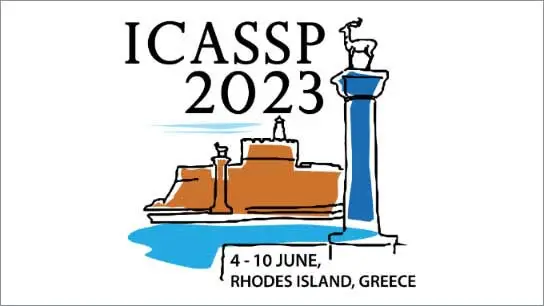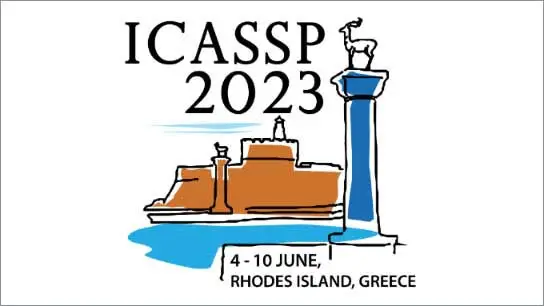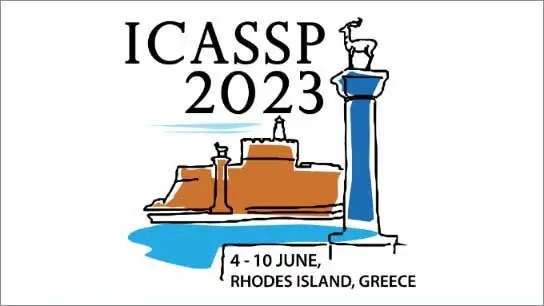Graph Representation Learning for Stroke Recurrence Prediction
Nicholas Glaze (Rice University); Artun Bayer (Rice University); Xiaoqian Jiang (The University of Texas Health Science Center at Houston); Sean Savitz (University of Texas Health Science Center at Houston); Santiago Segarra (Rice University)
-
Members: FreeSPS
IEEE Members: $11.00
Non-members: $15.00
07 Jun 2023
Stroke is one of the leading causes of death worldwide, and its mortality rate is drastically higher for patients who suffer recurrent strokes. Motivated by the recent success of graph learning methods on medical tasks, we introduce a graph representation framework for stroke recurrence prediction (GraSReP) based on patient data. In a nutshell, GraSReP sequentially consists of: i) a procedure for converting tabular, time-series patient data to a series of graphs, ii) a graph deep learning architecture that provides embeddings for the patients and, iii) a random forest classifier that predicts the patients’ risk of recurrent stroke based on these graph embeddings. We demonstrate GraSReP’s effectiveness for predicting recurrent strokes using real-world electronic health records, and discuss how it can be leveraged for the efficient application of preventive care.



